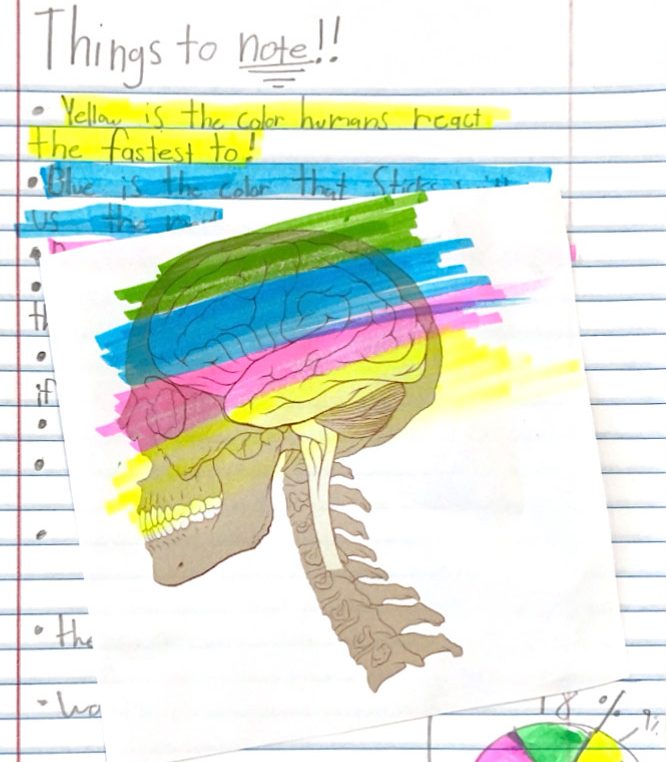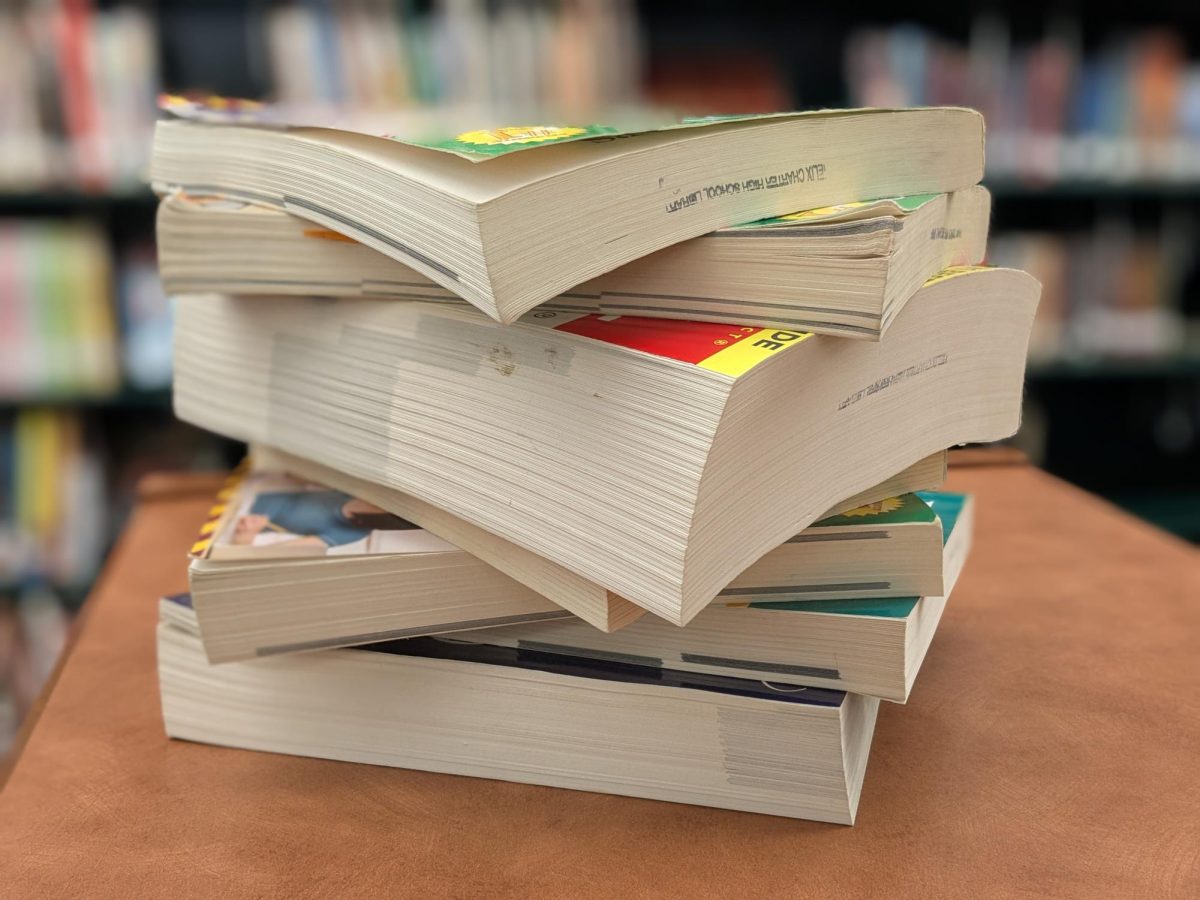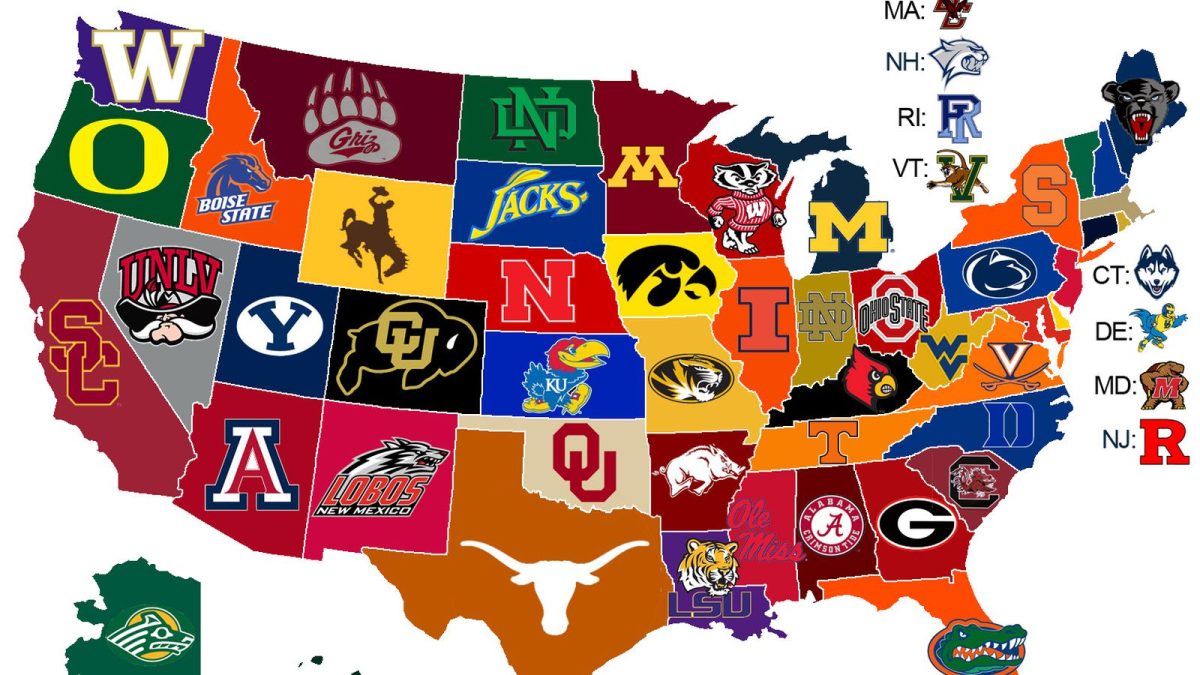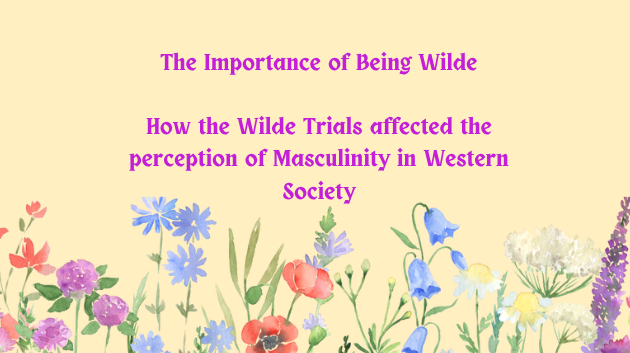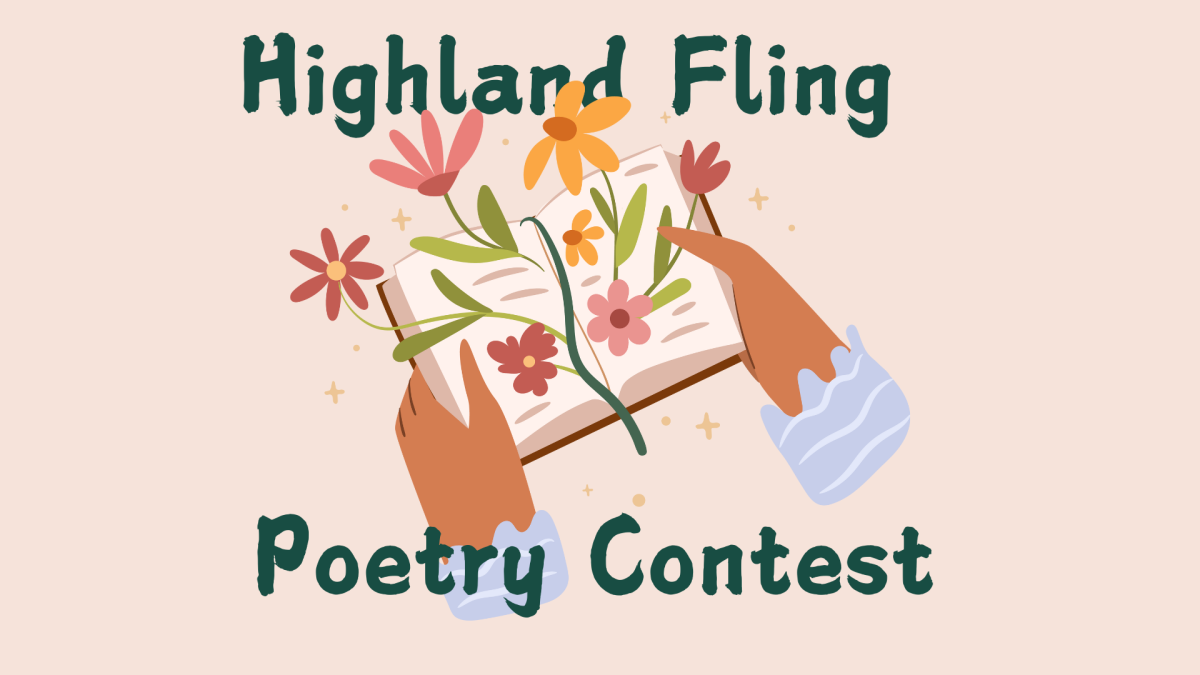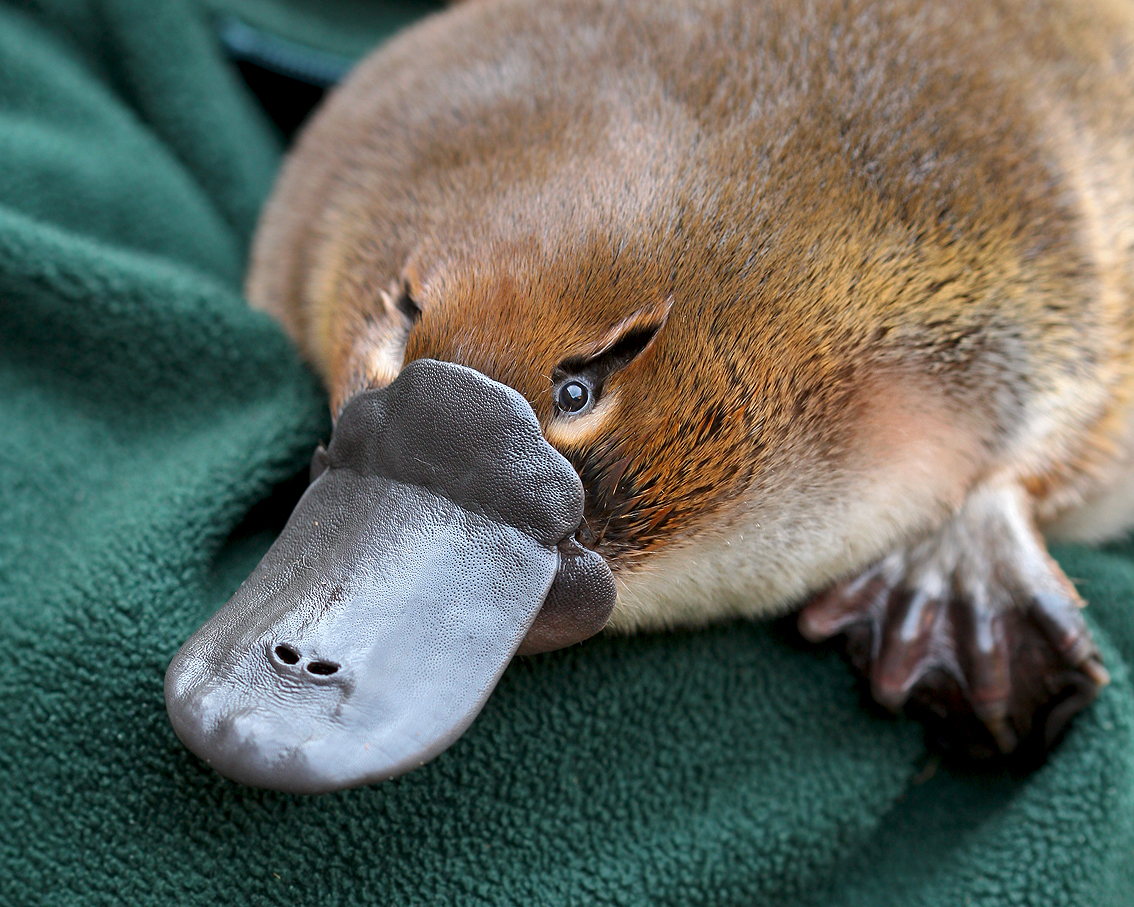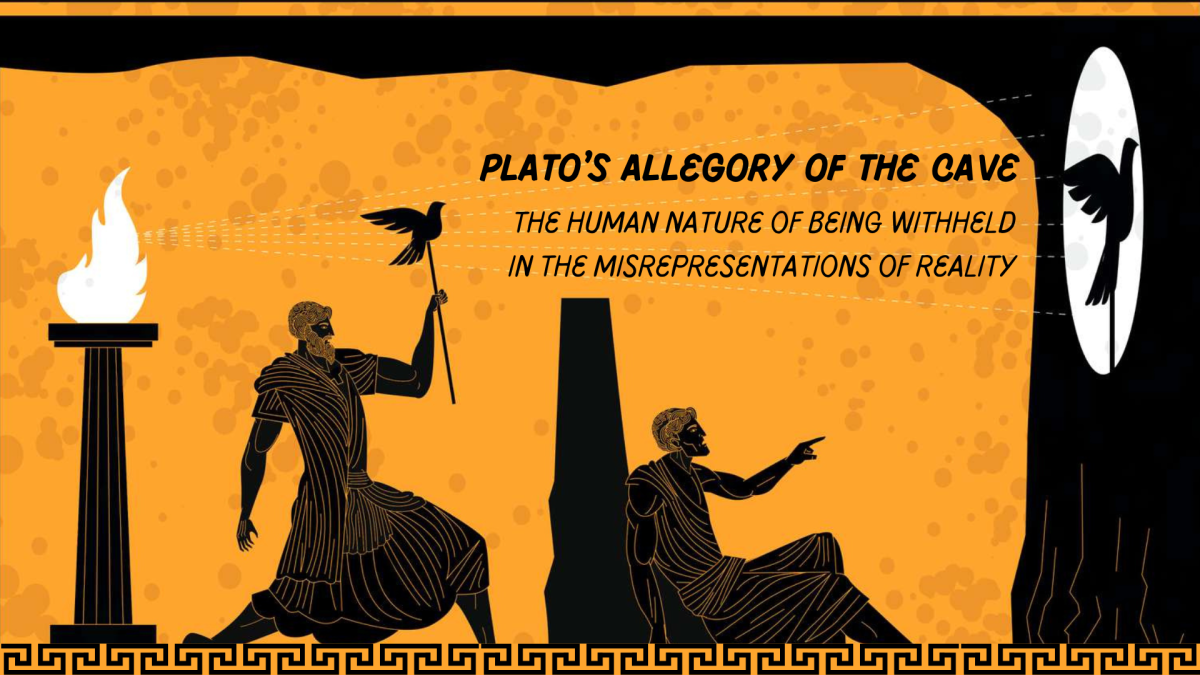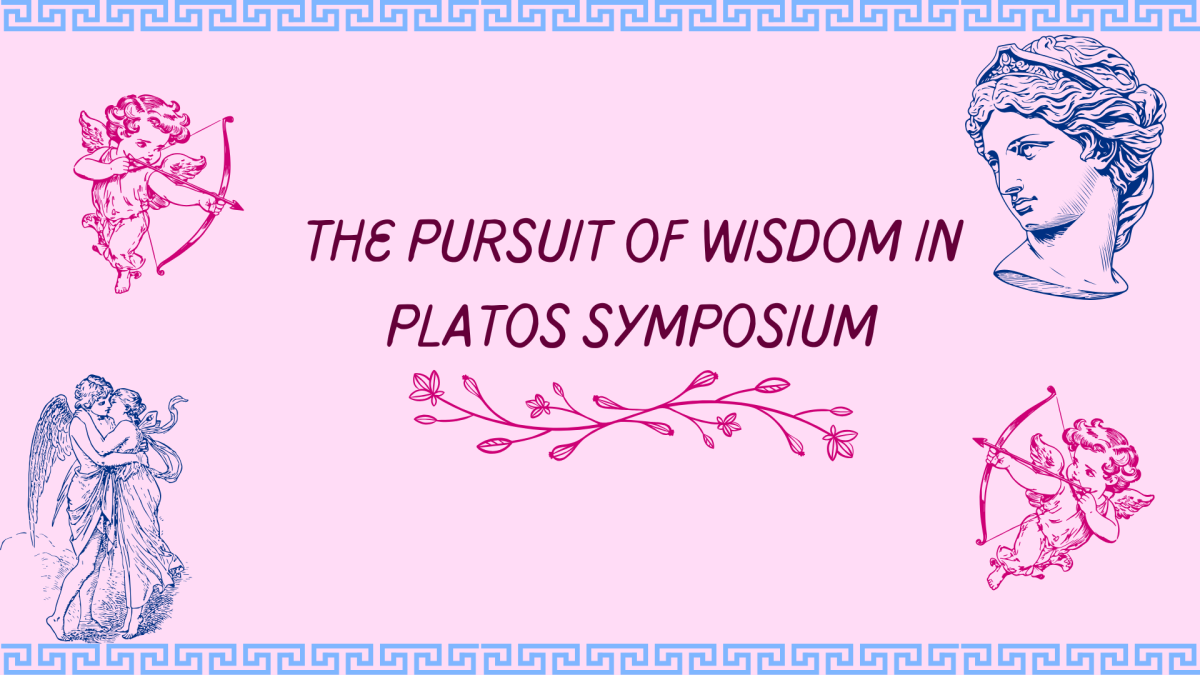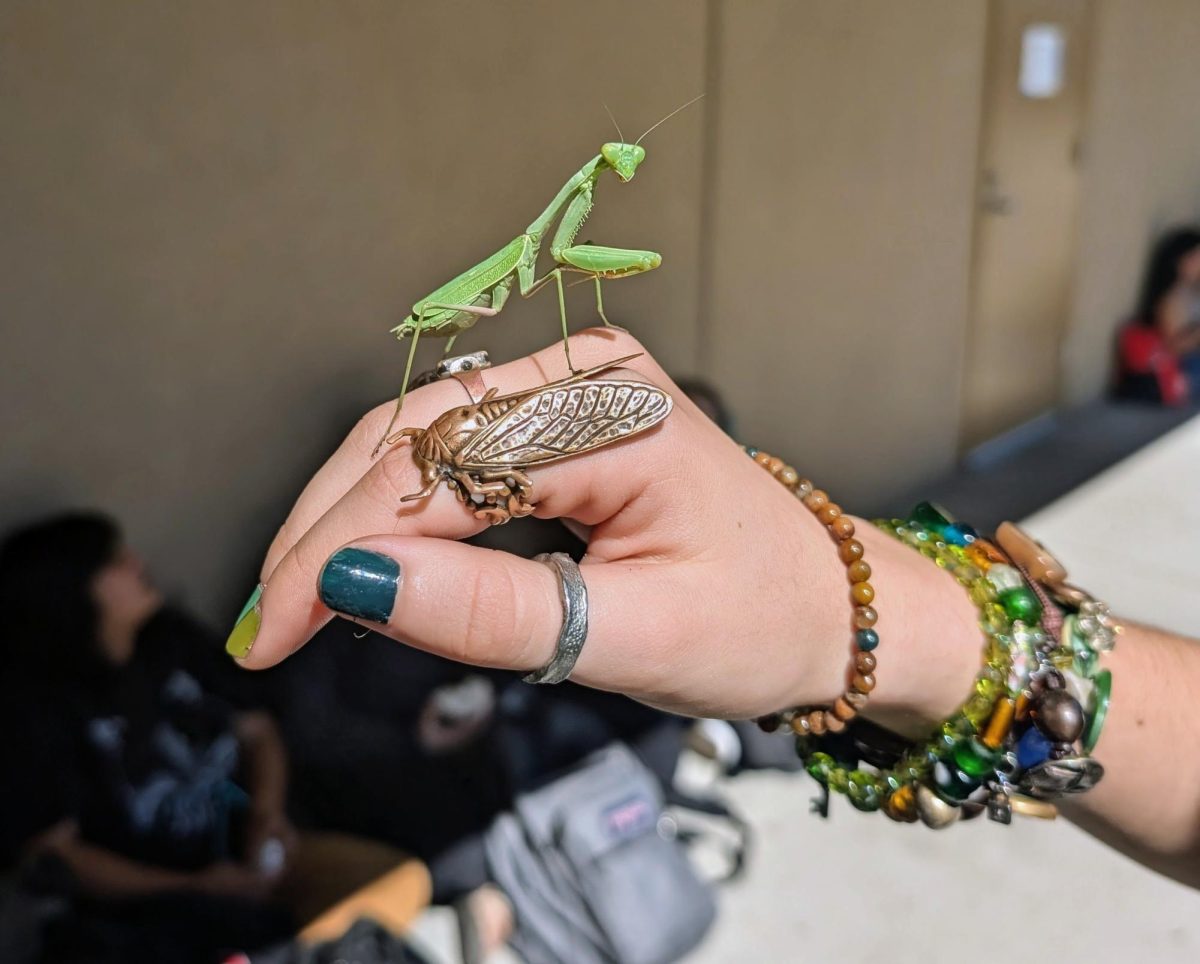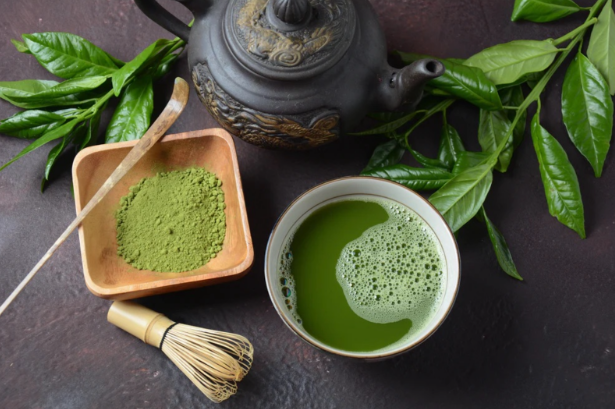Less than 20 years ago, anyone who took a road trip encountered the same problem: bugs. Splattered across every windshield and bumper, cleaning off dead bugs became a routine task. Now, our road trips look very different, with approximately 64% fewer bugs. Although it may not seem significant, this 2022 study highlights a concerning trend. We’re quickly losing our insect populations, and if we don’t act now, we’ll never get them back.
This study, conducted by citizen scientists in England, is just one of many that say the same thing: insect populations are dramatically dropping in a very short amount of time. This decline is not due to any one thing; instead, it is the culmination of a myriad of problems. Habitat loss, climate change, light pollution, pesticides and even disease all act together to push bugs toward collapse.
Pesticides are particularly harmful, as the increased use of toxic pesticides is decimating whole species. Neonicotinoids, the most common type of pesticide in the world, are immensely harmful to insects. Unlike other pesticides, they are absorbed by plants and harm pollinators through pollen, nectar, dust and soil, and can go as far as disrupting insects’ nervous systems. Studies show that long‑term exposure to neonics, even at low levels, can severely damage bee colonies. They are so toxic that a single corn seed sprayed with them contains enough insecticide to kill over 80,000 honey bees. Not only that, one 18-year dataset linked neonic use to declines in nearly half of 34 species of wild bees.
But all hope is not lost. The future is going to be hard, but experts are optimistic. Daniel Janzen, an ecologist who has been observing insects since the 1970s, says that while we are definitely going to lose some insect species in the time it will take to build a sustainable future, change is possible. Experts also emphasize that large reforms need to be paired with local action. In fact, we can help by doing things in our own backyards. Knowing this, here is a list of 3 things you can do to save our insects:
______________________________________________________________
1. Turn Off Your Lights
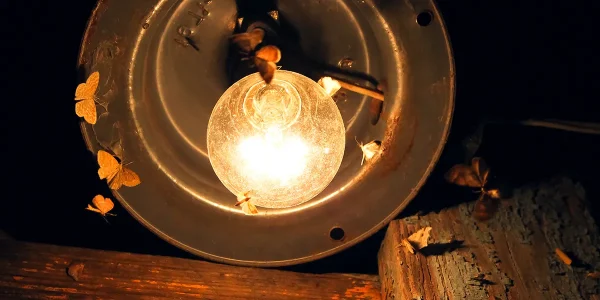
Light pollution is a growing problem that many animals are having to face, and none are hurting more than bugs. Moths and other nocturnal bugs rely on the moonlight to guide their flight, and often get confused when faced with an artificial light they deem “moon‑like.” The Insect Biodiversity Center lists light pollution as one of the key environmental stressors linked to insect population collapse, especially for species that are already struggling to navigate shrinking and broken habitats. While turning off street lights or lights from big office buildings is a lot to ask of the average person, there is a simple way you can help! Turning off the lights in and around your home at night helps insects find their way a little easier, and any help is worth a lot!
2. Plant Native
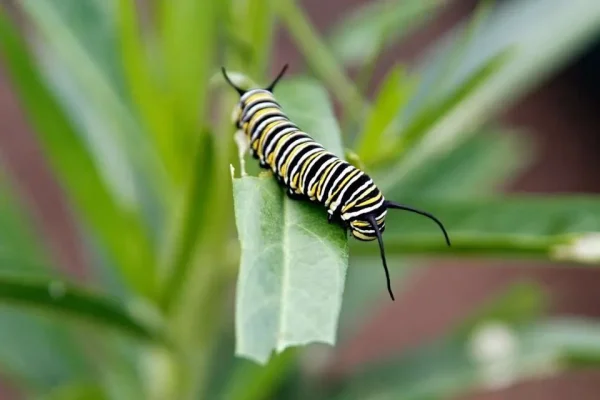
Native plants are integral for our native insects, and loss of habitat has a direct impact on bugs’ ability to thrive. Human expansion has taken away the plants insects depend on to survive and replaced them with invasive species that do more harm than good. Insects make up over 80% of terrestrial species on Earth, and native plants support them far better than imported ones. According to the National Wildlife Federation, native plants also promote safer, natural pest control by attracting predatory insects like ladybugs and lacewings. The Florida Museum also suggests that even small gardens with native host plants, like milkweed for monarchs, can make a big difference when added up across neighborhoods. While it may seem daunting to you to bring in local plants like California buckwheat or California poppies to your lawn, they’re adapted to our local climate, so they will be much easier to maintain than a grass lawn. These plants’ familiarity with growing here also makes them perfect for those hard‑to‑grow places. So, even if you don’t have anything growing in your garden currently, reaching out to friends or neighbors for clippings/propagations from plants, or heading to a nursery to pick up some local plants is still an option. Native plants allow our local insects to pollinate, eat, reproduce and all around flourish. In a world covered in concrete, the insects will thank you for building somewhere that prioritizes them.
3. Spread The Word
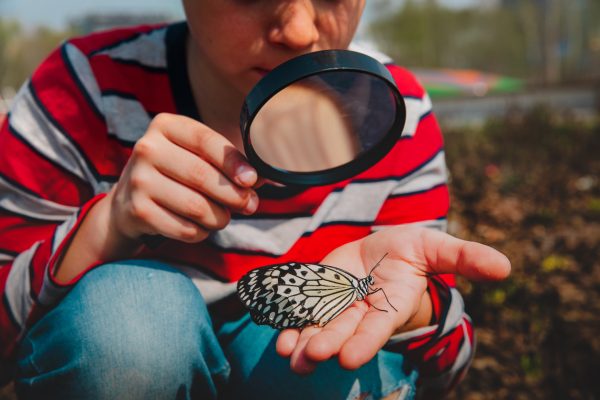
I asked 60 students at Helix about their opinion of bugs, and received an overwhelmingly positive response! 70% of the people I talked to said they did like bugs, with only 30% revealing that they don’t. Unfortunately, this love doesn’t seem to be universal. Typically, outside of butterflies and the occasional honeybee, people overlook the importance of insects. However, the Huck Institutes of Life Sciences highlights how each insect plays an important role in the ecosystem. Bees and butterflies, of course, work to pollinate both wild and domesticated plants, dragonflies control the spread of disease‑carrying mosquitoes, and beetles remove waste products from our environment. These are more than small actions; they’re essential to our ecosystem. But you can fight back against the negative narrative. Talking with people about the importance of native plants or dissuading them from killing a bug are the kinds of small actions that can have a big effect. We are strongest when we stand together, and by educating the people around you, you can start that stand.
______________________________________________________________
Bugs may not be your favorite type of animal, and they may even freak you out, but there’s nothing wrong with that! Regardless, the unfortunate fact is that we are the ones killing our bugs. Pesticide use, light pollution, industrialization, and a number of other issues all fall on our shoulders. While I have listed just a few ways you can help, they can have a big cumulative effect on combating these issues. Insects are vital to the earth on all levels. The National Wildlife Federation explains how almost 40% percent of all animal species on Earth are herbivorous insects. They eat plants and then they themselves become food for all other species. Without insects, our food webs would be destroyed. It is our duty to take responsibility and fight not only for our bugs, but for our entire ecosystem.





